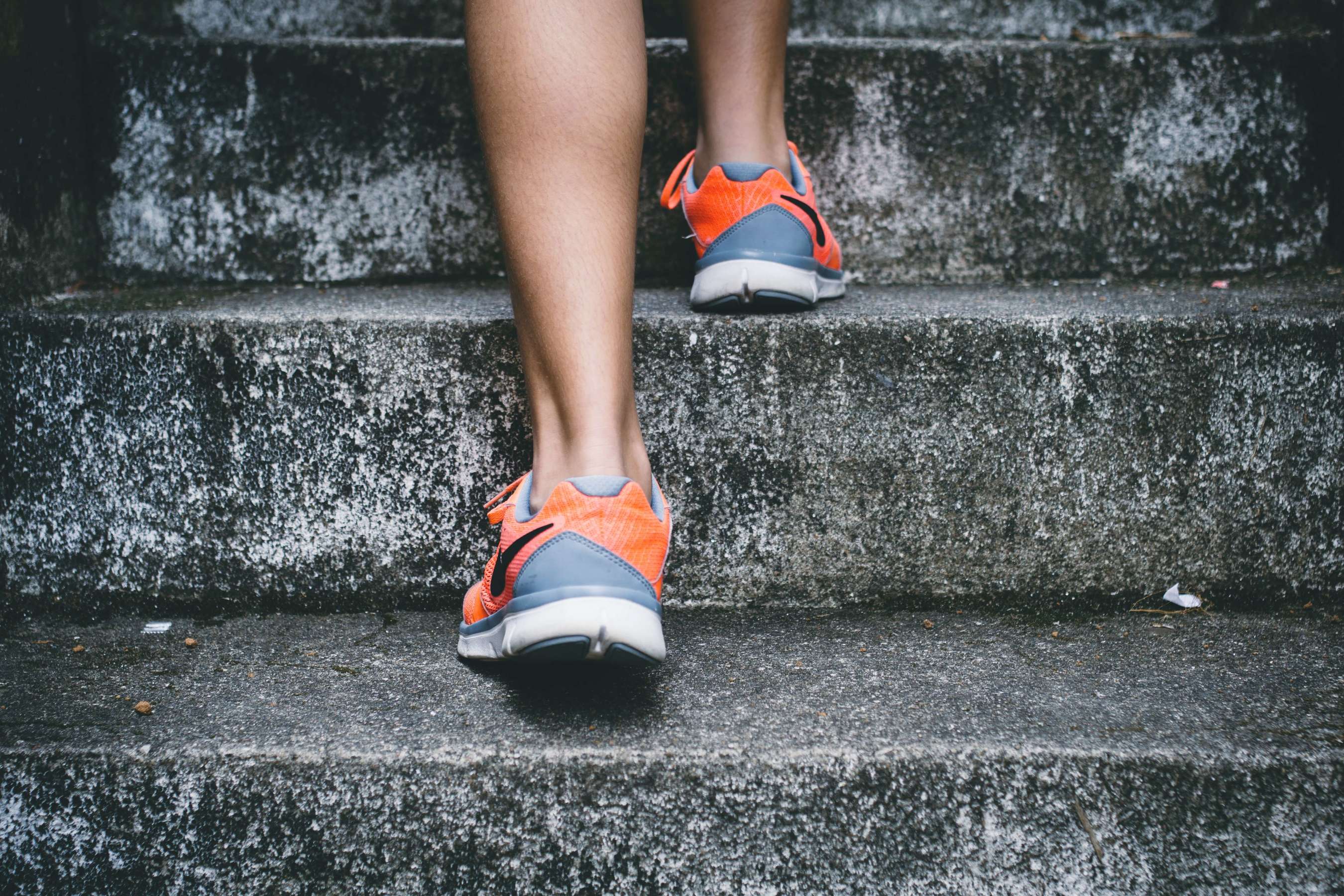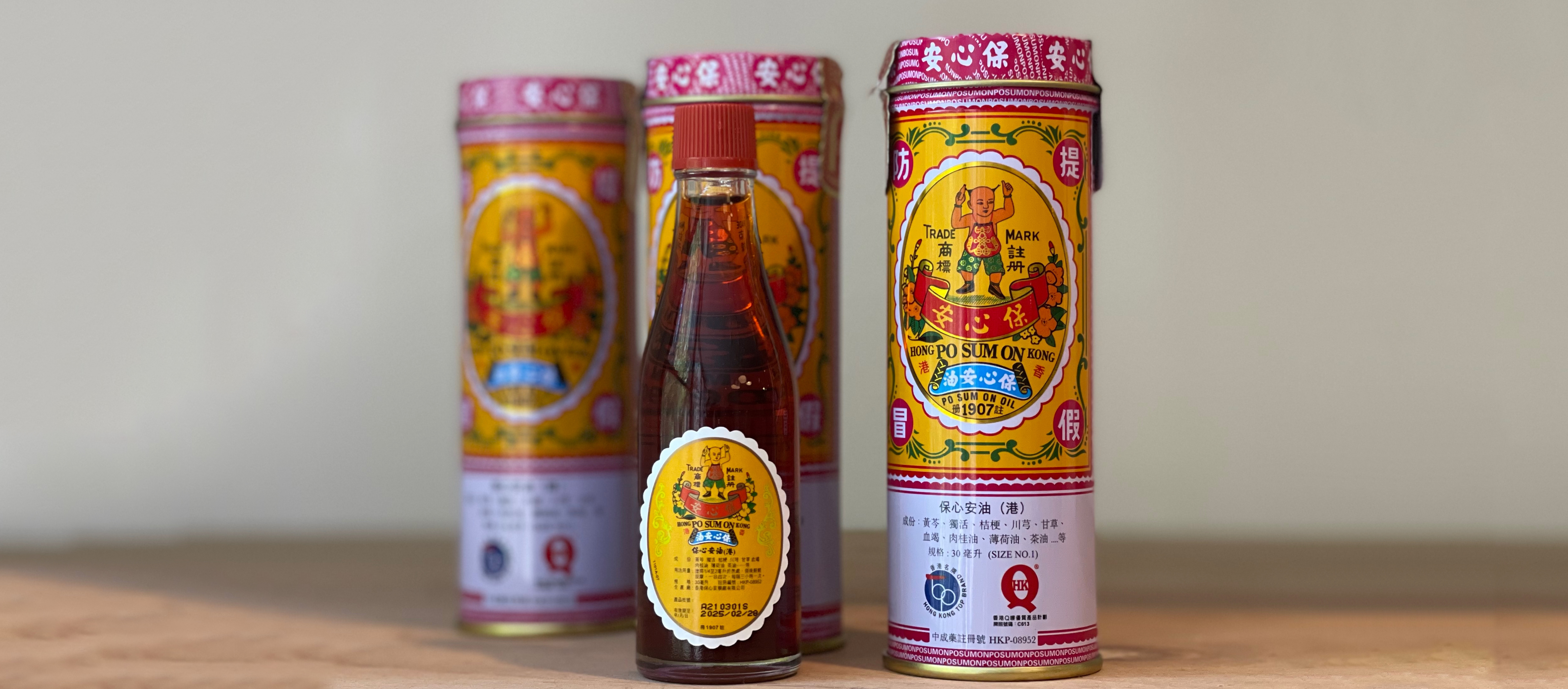This is the time of year in my practice when I see a lot more people with foot pain because people start to exercise more and take up running. I also treat a lot of Broadway performers whose job (often dancing on a raked stage) plays havoc with their feet. But even if you aren’t a long-distance runner or an actor on stage every night, foot pain can quietly creep into your life. When it gets bad enough and the podiatrist gets their hands on you, a common diagnosis is Plantar fasciitis.
Plantar fasciitis is the thickening or inflammation of a band of connective tissue between your heel and toes. This band protects the muscles and acts as a shock absorber and helps to provide stability to the foot. Excessive stress on it can lead to swelling, micro-tears, and pain.
Common causes of plantar fasciitis include
- Sudden increases in running mileage
- Bad exercise habits
- Shoes that don’t offer proper support
- Work that involves being on your feet for long periods
- Being overweight
The discomfort associated with plantar fasciitis tends to develop gradually. The pain is typically sharp and tends to be focused around the heel, which is why it is often confused with heel spurs. One of the tell-tale signs of plantar fasciitis is that it is much worse first thing in the morning. This is definitely the case with my dancers who feel okay onstage at night, but then get inflamed and tight in their sleep and wake up in a lot of pain.
How Acupuncture Can Help
Treatment for plantar fasciitis is aimed at reducing inflammation and allowing the tissue to heal. We do this in the same ways that we address inflammation in many orthopedic conditions.
Acupuncture and Chinese herbs are used to promote the circulation of vital energy and support the optimal function of the area by encouraging tissue repair, reducing swelling, and reducing pain. With centuries of treating injury and pain from overuse and abuse in the martial arts, we have many tools for addressing these problems.
Conventional medicine first-line treatment includes over-the-counter NSAIDs (non-steroidal analgesic) such as Advil or Motrin. These can provide temporary relief however they do not address the cause of the pain. Your doctor may prescribe corticosteroids but this treatment cannot be repeated as it can actually weaken the fascia and thin the shock-absorbing pad of your heel.
Physical therapy, splints, and night braces may also be recommended as may orthotic inserts for your shoes.
What you can do
With plantar fasciitis, as with so many other conditions, I believe that the best therapies are the ones you can do for yourself. Better that you work on yourself for 10 minutes every day than for an hour with a specialist on Mondays. Right?
Predictably, the number one recommendation is rest. For many, this advice is like rubbing salt in a wound. In the spirit of the message though, if your feet are acting up, try to take care of them and give them a break between shifts, shows, marathons, or whatever you do.
Here are some other tips for taking care of your paws:
Stretching – a few times a day, loosen up everything from the knee down with calf stretches, heel, and arch stretches and toe curls using a towel.
Ice vs. Heat – generally I discourage the use of cold. It constricts, it slows local circulation and sets you up for injury. With plantar fasciitis, when it feels really lit up and painful though, it’s okay to cool it down. Sometimes alternating with heat. Don’t ice before working out though and don’t forget to keep the surrounding muscles warm and limber.
Footwear – this can be the source of all that ails you. Make sure you are wearing supportive shoes for work and play.
If you are on stage every night, make sure your shoes feel as good as you make them look. If they are tearing up your feet, ask about getting them customized. Whether you are a performer or not, remember that if your body mechanics are off because of your shoes, it can lead to all kinds of problems, not just with your feet.





